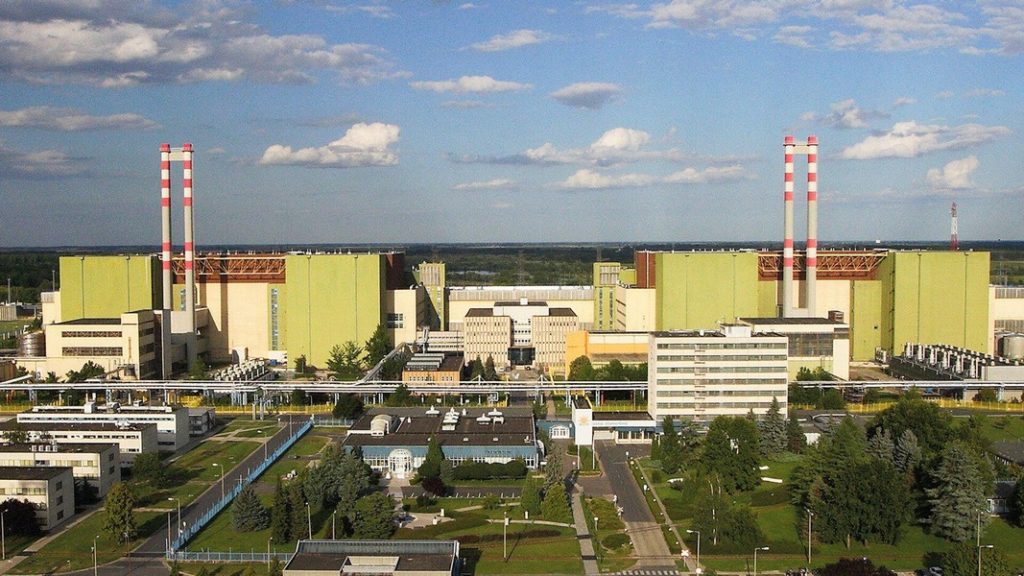The European Commission approved the construction by Rosatom of two power units of the Paks nuclear power plant. In the 11th package of sanctions, which is currently being considered by the European Union, no restrictions have been imposed on Russia’s nuclear industry yet. Despite the fact that EU member states are gradually reducing their dependence on the Russian Federation in the context of nuclear fuel imports, Rosatom, as the flagship of Russia’s nuclear industry, is not among the sanctioned entities. The company is a tool of Putin’s aggressive policy so restrictions should be applied against it within the next package.
Ukraine filed a note with the European Commission regarding the intensified cooperation between Hungary and Russia within the framework of the construction of the two power units. In particular, in April 2023, the head of the Ministry of Foreign Affairs of Hungary, Peter Sijarto, visited Moscow, where he sealed an agreement on the expansion of the Paks NPP. According to official data, two new power units at this NPP will be launched by 2030. Their construction is set to be launched as early as next year. Russia undertook to allocate $10 billion to this end – in February, Putin to accelerate the pace of the Paks NPP construction in Hungary, which confirms the importance of the nuclear sector as a tool of Kremlin influence. The Hungarian side will pay only $2.4 billion.
From the first days of the full-scale war, Rosatom has contributed to the achievement of Putin’s goals. In particular, as a result remaining beyond sanctions, the state-owned corporation imported components and the elemental base used in the production of missiles, tanks, and aircraft. At the moment, the Kremlin uses the supply of nuclear fuel to EU countries (France, Bulgaria, etc.) as a factor that splits European unity in the context of the introducing sanctions against Russia’s nuclear industry. Against the background of the acts of terror perpetrated by Russia in Ukraine by blowing up dams on reservoirs and systematic shelling of the Zaporizhzhia nuclear power plant, continuing dialogue with the terrorist state is unacceptable. Every EU member state should snub Russia in terms of cooperation in the nuclear industry. Russia’s nuclear sector should be subject to the toughest sanctions.

